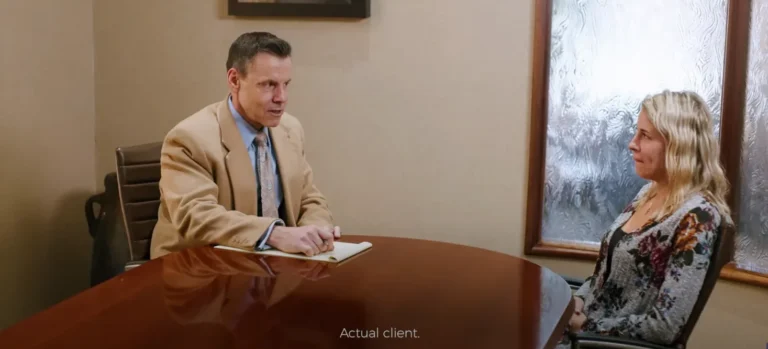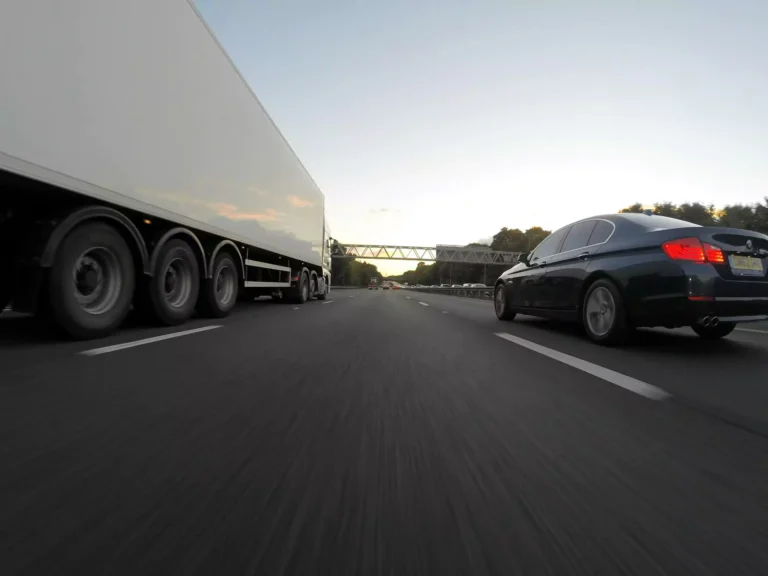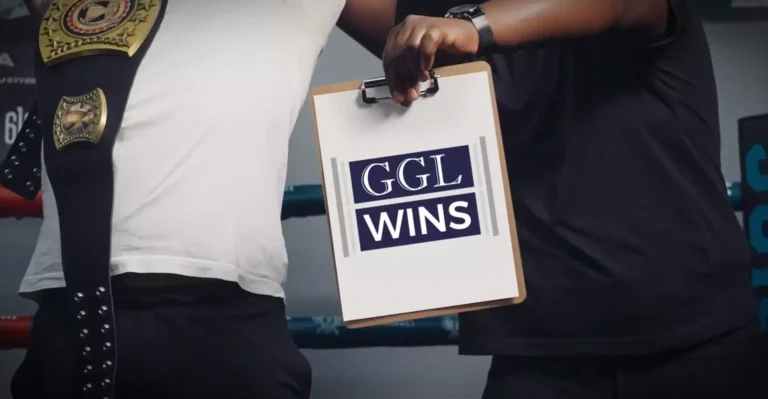Types of Truck Accidents
Being in an accident with a truck can be devastating. By definition, large commercial trucks weigh at least 10,000 pounds, which makes them potentially fatal in a collision. Even if truck accidents don’t result in fatalities, they can still lead to severe injuries and substantial property damage.
If you’ve been in a truck accident and suffered losses, you could be entitled to compensation. Because these types of accidents are challenging when it comes to establishing liability, you need to have experienced truck accident lawyers by your side.
At Garces, Grabler & LeBrocq, we can help assess your claim and gather the necessary evidence to prove you deserve to recover damages. Learn about the types of truck accidents that can occur, as well as what steps you should take after being in a collision.
No Fee Unless
GGL Wins
ROLLOVER
A truck rollover accident occurs when a commercial truck falls over on its side or rolls over completely as a result of extreme force during a maneuver or in a collision. To understand why this happens, it’s important for you to know how a truck maintains stability while on the road.
A truck’s stability is based on its center of gravity and the distance between the left and right wheels or the size of its track width. The truck’s center of gravity is the spot where the weight is equal on both sides.
When a trucker drives around a corner too quickly, the trailer’s weight gets pulled away from the center of gravity due to that gravitational force. This can cause the trailer to tip, carrying the cab with it.
Driver errors, including speeding, distracted driving, and drowsy driving, can cause rollover accidents, but trucking company negligence can also play a role. If the company didn’t provide appropriate maintenance or failed to properly train their drivers, they could be liable for a rollover accident.
JACKKNIFE
Jackknife accidents occur when a truck’s trailer pushes the cab in another direction and the two parts fold in on themselves. In most cases, these accidents happen when the front vehicle skids but the trailer it’s pulling doesn’t slow or stop. Often, the trailer’s weight and momentum can cause it to swing from side to side.
Driver error can lead to a jackknife accident, especially if the truck is traveling at high speeds. Road conditions can be an issue, too. Any loss of traction on the road could cause the driver to lose control of the vehicle. Thus, if the roads are slippery or contain cracks and potholes, a jackknife accident is more likely to occur.
Improper freight loading can also lead to these accidents as well. If the cargo isn’t loaded or secured correctly and shifts around during transport, it can move the truck’s center of gravity and make it unstable. This could make it easily careen out of control.
WIDE TURN
A wide-turn truck accident happens when the truck tries to make a turn, and the path it takes is wider than expected. This can cause crashes with the vehicles traveling next to or attempting to pass the truck.
Trucks have a few blind spots, especially at the rear and sides, and their sheer size affects their turning radius. When making a right turn, the truck could veer into adjacent lanes, which other motorists may not expect.
Driver errors, including distracted driving, could cause these accidents. A truck driver who’s distracted will be even less likely to see a vehicle next to them as they make a turn.
UNDERRIDE
An underride crash is a highly dangerous accident that occurs when a passenger vehicle slides under the truck. These crashes happen at the rear or side of the truck.
Federal law requires trailers to have rear safety bars, called underride bars, to prevent this issue, but the law doesn’t require side safety bars. Underride crashes can lead to serious injuries for a car’s occupants because of the height differences between the vehicles.
For the car, the point of impact is the windshield or the hood. This means that some safety features, like airbags, may not be activated, leading to severe injuries. In 2021, more than 400 people died in the U.S. because of underride crashes.
Improper truck maintenance can lead to these kinds of accidents. If the truck has lights that don’t work, for example, cars behind it may not be able to tell when a change of speed is coming or what the truck is planning on doing at all.
Driver error can lead to these collisions as well. Driving while intoxicated, distracted, or fatigued can impact a truck driver’s reaction times and make them more reckless. Such behavior could result in side or rear underride crashes.
BLIND SPOT
Trucks have a number of blind spots. These are located immediately at the front, beside the driver, on the passenger side, and directly at the rear. If a car is situated in any of these spots, the truck driver won’t know they’re there.
Truck drivers can take steps to reduce the size of the blind spots, including calibrating their mirrors correctly. If they didn’t do this or the trucking company failed to install accident avoidance technology, they could be liable.
TIRE BLOWOUT
A tire blowout occurs when a tire bursts, usually while the vehicle is traveling at high speeds. Tire blowouts are common in commercial trucks because of the weight placed on the tires and the long distances that those tires have to travel.
When a tire bursts, the driver can lose control of the truck, causing it to spin into other vehicles or rollover. Even in instances when the driver is able to maintain control, the tire’s explosion could leave debris everywhere. Other drivers may swerve to try to avoid hitting the debris, leading to more accidents.
In many cases, tire blowout accidents could have been prevented. For instance, blowouts often stem from:
- The trucker or trucking company failing to perform maintenance checks
- Defective tires
- Potholes or other poor road conditions
In these instances, the trucker or trucking company, tire manufacturer, and local or state government entities, respectively, could be liable.
READ-END COLLISIONS
A rear-end collision that involves a truck can lead to serious injuries. A truck that hits your vehicle will send you careening forward, potentially causing you to hit the car in front of you.
The force of the hit will determine the kinds of injuries you suffer, but rear-end collisions with trucks can result in traumatic brain and spinal cord injuries. Fatalities may also occur.
Driver error is usually the cause of rear-end collisions. Truck drivers who are fatigued, distracted, or intoxicated will not notice a hazard on the road until it’s too late to stop properly.
Because trucks need plenty of time to brake, abruptly trying to halt the vehicle doesn’t work. The trailer’s weight and force will carry it forward onto your car.
Malfunctioning brakes could also be to blame, in which case the maintenance team or even the manufacturer could be liable. In some cases, road conditions can play a role, too.
HEAD-ON COLLISIONS
Some of the most devastating types of truck accidents are head-on collisions. In 2022, 32% of all fatal crashes between a car and a large truck were the result of head-on crashes.
These accidents tend to happen when a truck driver enters one-way streets or veers into oncoming traffic. Although truckers can suffer injuries in these collisions, the car’s occupants typically face the worst consequences.
When you hit a vehicle as large as a truck, your body flies forward. The force of the hit knocks you rapidly forward and then back, potentially leading to spinal damage and even traumatic brain injuries like concussions. A head-on collision will typically total your car as well.
Truck drivers who are intoxicated or distracted can enter other lanes of traffic without realizing it. Inexperienced drivers could also cause head-on collisions if they don’t know the area in which they’re driving or if they don’t have full control of the truck.
In some cases, missing signs or improper street lighting can also lead to visibility issues that can confuse drivers. Whoever is responsible for maintaining the road could be liable, too.
BRAKE FAILURE
Commercial trucks have powerful brake systems that require the driver to have extensive training and be alert to road changes so they can respond appropriately. This is because a truck requires more time than a passenger car to come to a complete stop.
If the brakes aren’t working as they need to, a truck can’t be allowed on the roads. When trucking companies don’t perform adequate maintenance, however, these issues don’t come to light until it’s too late.
Brake failure could also be the result of manufacturing issues. If the brakes aren’t made or installed correctly, all kinds of problems can happen while the truck is on the road.
SPILLED CARGO
When cargo gets spilled, it’s usually due to avoidable errors. A spill can occur if a truck crashes, with the impact releasing what it carries, or it can happen if the cargo is improperly loaded and it shifts and falls onto the road.
Depending on the cargo, goods can hit cars and cause damage, or drivers may try to swerve to avoid the spilled freight, only to crash into other vehicles. If the truck carries toxic or flammable substances, however, the consequences can be even more serious.
Spilled cargo can stem from driver error. Speeding, distracted driving, and intoxicated driving can all cause crashes that make cargo spill. The trucking company could also be at fault if the accident occurred because of maintenance issues.
Whoever is in charge of loading the cargo might be responsible if shifts during transport led the freight to move and spill. In these accidents, multiple parties frequently bear responsibility.
What to Do After a Truck Accident
No matter what kind of truck accident you’ve been in, it’s essential that you get medical attention as soon as possible. Your first impulse might be to get out of your car right after the accident, but take quick stock of yourself first. Are you in significant pain? Are you bleeding? Did you hit your head?
If the answer is yes to any of those questions, don’t move unless it isn’t safe to remain in the vehicle. Once medical help arrives, let them examine you even if you don’t think you have serious injuries. The shock of the accident can potentially mask the worst of the pain.
Medical professionals will be able to get you immediate care while beginning a record of your injuries. That’s essential for your claim later on.
When you’re able to, call the police and give them an accurate record of the accident. It’s imperative, however, that you don’t mention fault. The same thing applies when you speak with the other parties involved. Admitting to any degree of fault could become an issue when you want to claim compensation later on.
If you’re well enough, start gathering evidence of the accident. Take pictures of your injuries, the truck, your vehicle, and anything else that clearly shows how the crash occurred. If there were eyewitnesses, you also want to get their contact information so that your lawyer can contact them later.
You then need to call your insurance company. Keep that conversation brief and just let them know an accident happened. Your lawyer can deal with the negotiations. The very next call you need to make is to a truck accident lawyer. They’ll be able to guide you through the claims process so that you can get compensation.
Why You Need a Truck Accident Lawyer
You never want to handle these kinds of claims on your own. Truck accidents often involve a number of liable parties, from the driver to the company that hired them. That’s why you need a lawyer to help you understand who could be held responsible.
To do this, your lawyer will first investigate the accident. This requires gathering as much evidence as possible, including maintenance records, driver logs, and more. If the truck has a “black box,” that, too, could offer insight into what the driver was doing when the accident happened.
Your lawyer will have access to expert witnesses, like mechanics and other people well-versed in how trucks work. They can help pinpoint the exact cause of the accident.
With a lawyer helping you, it’s possible to get fair compensation from insurance companies. Insurers will likely try to bully you into accepting low offers, but your lawyer will fight for your rights.
If there are disputes about who was at fault, your personal injury lawyer can take your case to court and advocate for you there. In many instances, the threat of going to court is enough to get insurance companies to offer fairer deals.
Available Damages After a Truck Accident
You can claim compensatory and punitive damages after a truck accident. Compensatory damages are those that mean to financially compensate you for what you’ve suffered, whereas punitive damages strive to punish the liable parties.
Economic damages are one type of compensatory damage. They help you recover quantifiable financial losses, including medical expenses, property damage, and even lost wages.
If you need ongoing medical care, as can happen in truck accidents, you can also claim future medical expenses. For those who’ve suffered injuries that prevent them from working in the same capacity as before the accident or at all, it’s possible to claim future wages as well.
Non-economic damages compensate you for losses that are not financial, such as pain and suffering and loss of enjoyment of life. If a loved one died because of a truck accident, you can also claim loss of consortium. It compensates you for the loss of support and companionship you’ve suffered.
Punitive damages generally only apply if there was malicious intent on the defendant’s part or if their actions were egregious.
How Garces, Grabler & LeBrocq Can Help
After suffering injuries and other losses in a truck accident, you need experienced legal representation. At Garces, Grabler & LeBrocq, our New Jersey truck accident lawyers have decades of experience helping victims recover damages.
Because we want to serve our community as much as possible, we offer services in both English and Spanish. When you hire us, you’re getting a team that understands that the language you speak should never prevent you from getting help.
At GGL, we are compassionate and dedicated lawyers who treat each client with the respect they deserve. You will be kept in the loop, receiving updates so that you never feel like you have to chase us down for answers.
We are a no-nonsense firm that works on a contingency fee basis. We know you’re going through a difficult financial time because of the injuries you suffered, so we don’t want to add to that. When you hire us, you don’t have to pay us anything unless we win.
Contact Garces, Grabler & LeBrocq online to speak with a truck accident lawyer or by giving us a call at 800-923-3456.
Related Practice Areas
No Fee Unless
GGL Wins
We've got you covered.
Tell us what happened.
One of our advisers will contact you.

OFFICIAL PARTNER OF RUTGERS ATHLETICS
Recent GGL Wins
Truck Accident
34-year-old pedestrian crossing the street was hit by a construction truck, resulting in injuries to his lower back and right knee.
$750 Thousand
Verdict
Truck Accident
Recovery for Newark N.J. truck driver who was instantly killed in a collision with another truck in rural Northeastern, Pennsylvania. This recovery represented the available policy limits after the Commonwealth of Pennsylvania was reimbursed for the post-accident environmental cleanup.
$729 Thousand
Verdict
Truck Accident
24-year-old motorist driving the left lane when a cement truck in the right lane next to her attempted to make left turn resulting in a collision. She sustained injuries to her lower back that required surgery.
